Q&A: Making the Most of Experiential Hospitality
BTI Partners' Kevin Mays discusses trends and opportunities in the hospitality sector but also ways in which owners, developers and managers can improve the quality of their assets in an increasingly competitive environment.
By Alex Ciorogar
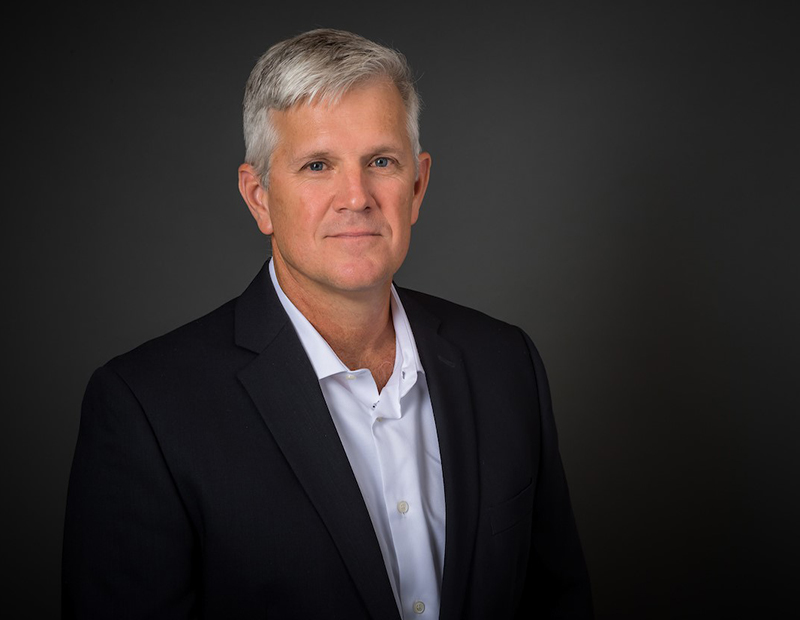
Kevin Mays
The hotel segment is projected to sustain a 6 percent growth throughout the year, according to JLL’s Investment Quick Look on the first quarter of 2018. At the same time, the hospitality industry is competing with a rise in independent housing rentals. Consequently, hotel developers, owners and managers are constantly searching for new ways in which they can make their properties more attractive and, thus, more profitable.
Deloitte’s 2018 Travel and Hospitality Industry Outlook shows that “breathing new life into the midscale experience can include modern design aesthetics, better technology for connected travelers, innovation around food and beverage, and reimagined communal spaces.”
Haptic technologies allow customers to view hundreds of accommodation options to find the so-called perfect choice. It comes as no surprise that innovative-thinking brands are the only ones capable of meeting today’s customers’ high expectations. To stand out from the crowd, hotel owners and developers are moving towards more experience-driven strategies, maintaining a competitive edge by offering unique amenities for guests.
BTI Partners has recently completed the second phase of the Grove Resort and Spa in Orlando, Fla., which now includes a multimillion-dollar water park. In an exclusive interview with Commercial Property Executive, the company’s Director of Development and Construction, Kevin Mays, talks about why hotel developers and owners need to think outside the box.
BTI Partners recently invested $20 million in a state-of-the-art water park, which includes a lazy river, slides and a surf rider. What were the arguments behind the decision to include this experiential component in the Grove Resort & Water Park?
Mays: The reason we decided to open the Surfari Water Park, which features a FlowRider double surf simulator, dual water slides, a 700-foot lazy river and a pool with water toys for kids, was to create a unique experience for families. Having our own water park on site is not only a great amenity for hotel guests, but it also helps appreciate the value of our resort, which is very important to the owners of the residences. The Grove is a resort-style condominium where individual owners own the furnished residences and, for the most part, place them in a voluntary hotel-rental program to generate revenues.
In the hotel industry, you need to be creative and constantly invest in your property to boost occupancy. Having a state-of-the-art water park in addition to offering two- and three-bedroom suites with a full kitchen is proving to be a winner with large families. In most hotels, you need to cram a family into two hotel rooms connected by a corridor. We can house six to eight people in one residence. They can cook their own meals and live like they’re at home while enjoying resort amenities.
How does this development fit into the general framework concerning Orlando’s hospitality market?
Mays: Orlando enjoys being in demand worldwide and throughout the year. In fact, the city brought in a record-breaking 72 million tourists in 2017, according to Visit Orlando. The demand for vacation homes is exploding as more international travelers discover Orlando. Case in point—most of our resort-style residences at the Grove Resort & Water Park are selling to foreign investors who want to rent out their suites as part of our hotel program, but also want to have the freedom to occupy their vacation home every time they come to town to visit the parks. We are five minutes from Walt Disney World.
For the owners, The Grove operates like a second home without the hassle of managing the property while you’re not using it. When the owners are not here, Benchmark Resorts & Hotels manages their residences and operates them as hotel suites. The company has a lot of experience taking care of guests while protecting the owner’s asset. It’s a win-win situation for everyone involved. Owners can earn revenue when they aren’t using their residences while guests get to enjoy large accommodations in a resort setting.
What are guests looking for when it comes to booking a hotel for their next holiday?
Mays: Guests like to be near the parks. That’s why The Grove is so popular among Walt Disney World fans. But guests also like to be able to have a family experience when staying at a resort. That’s why we decided to invest in a state-of-the-art water park, a game room, an art room, spa, fitness studio and more. Our guests want to be entertained while taking a break from the parks.
In the Orlando market, it is key to be abreast of guest’s preferences—which are constantly evolving—and adapt quickly to meet their expectations. At the Grove, the hospitality company running the hotel program and managing owners’ residences is constantly learning what experiences a guest, couple or family are seeking and then surprise them with something unexpected. Each guest is different and each experience can be different, so they focus on the guests as real people and strive to fulfill the experience they are anticipating.
What are the major trends in experiential hospitality today?
Mays: The so-called “one-size-fits-all” approach to experience appears to be quickly losing traction in the hospitality industry. Most guests are informed and curious about options they have discovered online in advance of their stay. For that reason, we take the approach to celebrate the diverse mosaic of people that visit us and strive to offer a variety of experiences.
Orlando already offers amazing attractions, so our goal is to provide other unique experiences that owners and guests may not receive from the parks. For example, The Grove is located on Lake Austin in a nature preserve and our guests and owners can enjoy the lake by renting pontoon or paddle boats, fishing and kayaking.
Convenience is another major trend in the hospitality field. We noticed our full kitchens are a big hit with families. Other owners and guests like the fact they can have a great meal at our restaurants Valencia, Longboard Bar & Grill and Alfresco Market. Most of our guests and owners, however, are happy not having to leave the resort for drinks, lunch or dinner.
What are some of the other strategies your company is currently implementing to improve competitivity of its properties?
Mays: On the real estate side, our unique strategy has been to really go after the international broker and international buyer. About 65 percent of our business comes from international markets and we’ve aligned ourselves with brokers who operate domestically and internationally. We’ve sold 375 units of the 585 units that are available. About 25 percent of the buyers are from China and another 20 percent are Latin Americans with almost all of them coming from Brazil.
The remainder are Americans buying individually or through investment clubs. The diversity of buyers really speaks to the product we’re offering. In addition to offering high-end and large accommodations, we also offer an array of experiences that are appealing to just about everyone. On the hospitality side of the business, we’re trying to penetrate the wholesale market, the small-group market and every other different segment.
What can the hospitality industry learn from the other real estate sectors in terms of improving an asset’s profile?
Mays: The real estate market is always changing as is the hospitality industry. In real estate, amenities and assets change depending on buyers’ preferences and desires. The same holds true in hospitality. Not too long ago, guests valued lavish public spaces—lobbies and social areas—and were less concerned with the size of guest rooms. Today there is, in our opinion, a productive cross-pollination where the hospitality industry is learning about the public’s desires for interior accommodation space and options from the residential real estate world.
The hospitality industry is also re-discovering the value of service. Newer hotels and resorts are building guest rooms larger and with more residential components, but with the confidence that people on vacation want to vacation. The Grove offers resort-style residences for guests and owners to relax. A full-service deli and market are a few steps away for a crafted coffee in the morning. Resort staff will keep the refreshing drinks coming poolside if so desired. The hospitality industry and resort guests are embracing a property configuration that offers “the best of both worlds.”
Furthermore, the Grove is unique compared to its competition in the vacation-home market as well as Airbnb. We do well because we have full-size, 1,400-square-foot residences with washers and dryers in each residence and resort-style amenities. It feels like a world-class hotel, even though each suite has individual owners.
What are the main challenges in the hospitality sector?
Mays: Like most industries, the hospitality industry is cyclical, which can be a challenge. There are seasons in markets that can present significant highs and lows in occupancy and there are periods of very active development that create natural oversupply environments in given markets. However, Orlando is unique in that the new supply of resorts is quite low. The volume of visitors is growing each year to match the new supply of hotels and resorts.
Further, since Orlando is an international destination, changes in economic conditions in a single country are buffered by the many other global economies doing well around the world. Seasonally, when it’s winter in one part of the world, it is also summer in another part of the world. Orlando’s vast collective marketing machine attracts all comers, making it a year-round destination.
How will digital technology impact the industry and future amenities?
Mays: As guests become more engaged with technology, new expectations and opportunities present themselves almost daily. Guests already expect outstanding Wi-Fi connectivity and website functionality. Guest preferences for social media platforms now change quickly and as efficiency and convenience continue to improve, leading properties will continue to distinguish themselves for being innovative and relevant. It’s important to know your guests by communicating with them, sharing opportunities and experiences that they care about, giving them the opportunity through technology to buy, share and self-market their loyalty to friends—all part of the new sophisticated marketing landscape.
The Grove also uses technology to do pre-arrival surveys to help guests have an itinerary for their stay. That way, instead of bombarding them with dozens of amenity options, we can tailor their stay to fishing on the lake, spending a day at the spa or spending hours at our Surfari water park.
What are the emerging design trends in the market and how do they affect properties’ attractiveness?
Mays: We really cater to the tastes of our European and South American buyers and guests. Our furniture, fixtures and equipment were all chosen to create a chic-looking interior. In the late 2000s, the Tommy Bahama, West Indies thick wood look was in style and now everything is modern with clean lines.
What are some of the key growth opportunities in the business today?
Mays: Everything is now based on giving guests and owners a unique experience and that’s the model we are using to grow our occupancy. If there’s a family in Minnesota trying to figure out where to stay when they visit Disney this year, we can offer all the family-fun activities they’re looking for under one roof. There are pools designed for lounging and pools designed for kids to play.
As for potential buyers, they must decide based on logic and emotion. We check the logic box by working with Benchmark, which takes care of their investment with proper maintenance and cleaning, and assures guests of a good experience. We also check the emotion box with our amenities, our design and our landscaping. That’s a unique combination here in Orlando. We see a lot of growth opportunity in offering a product that almost doesn’t exist in this market.
Image courtesy of BTI Partners


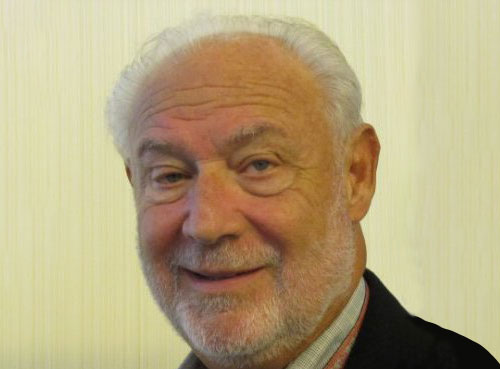
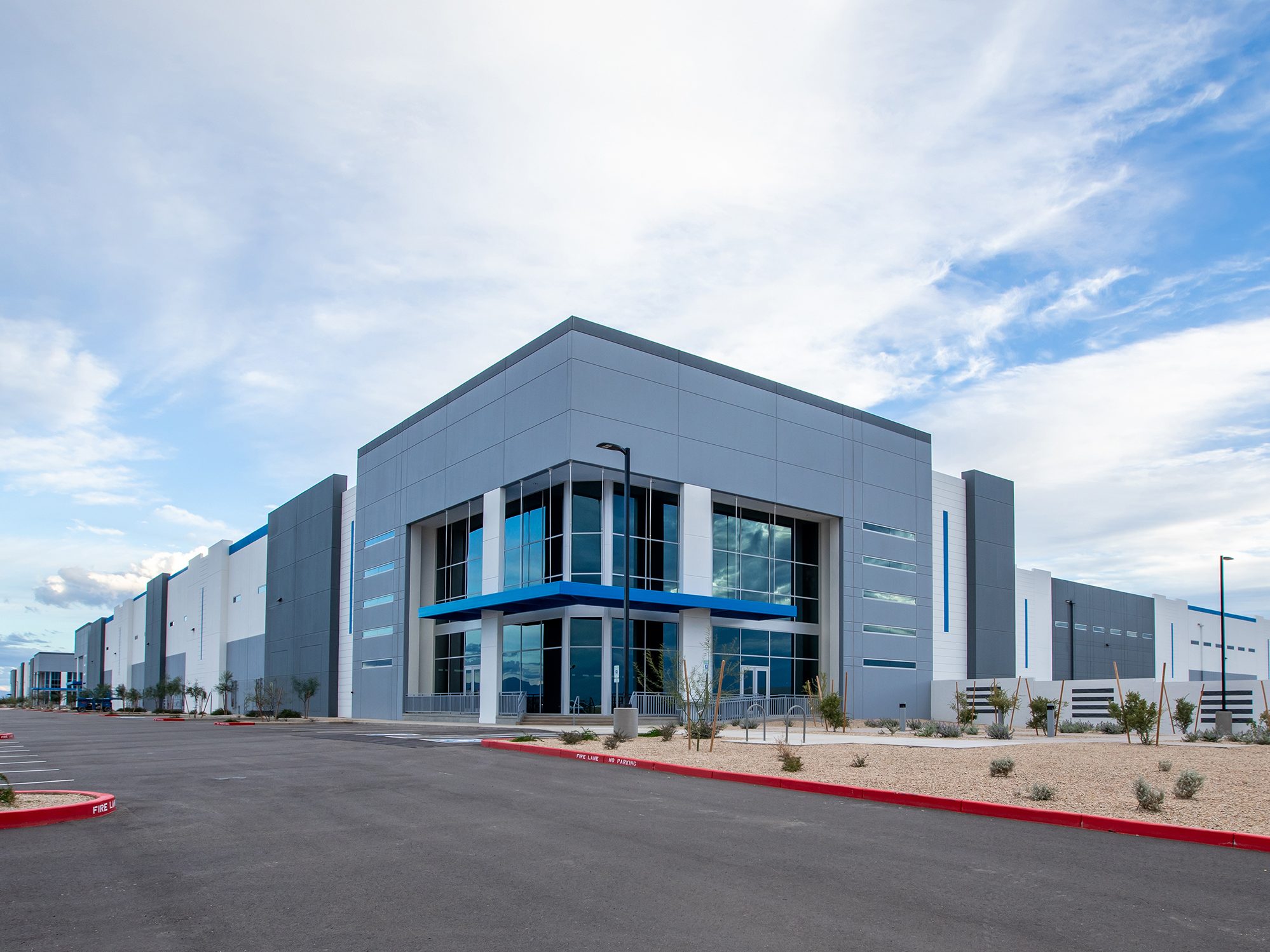
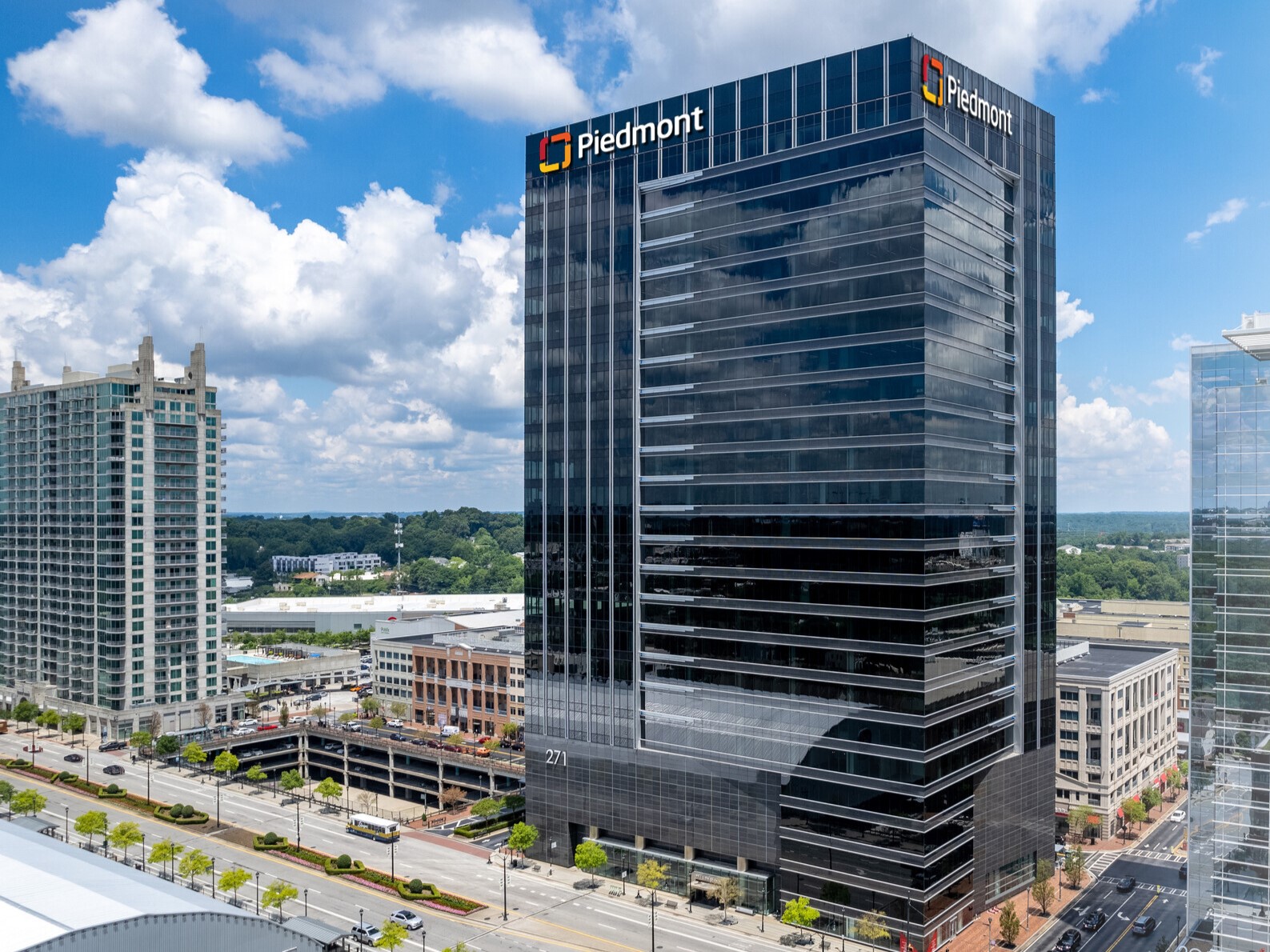

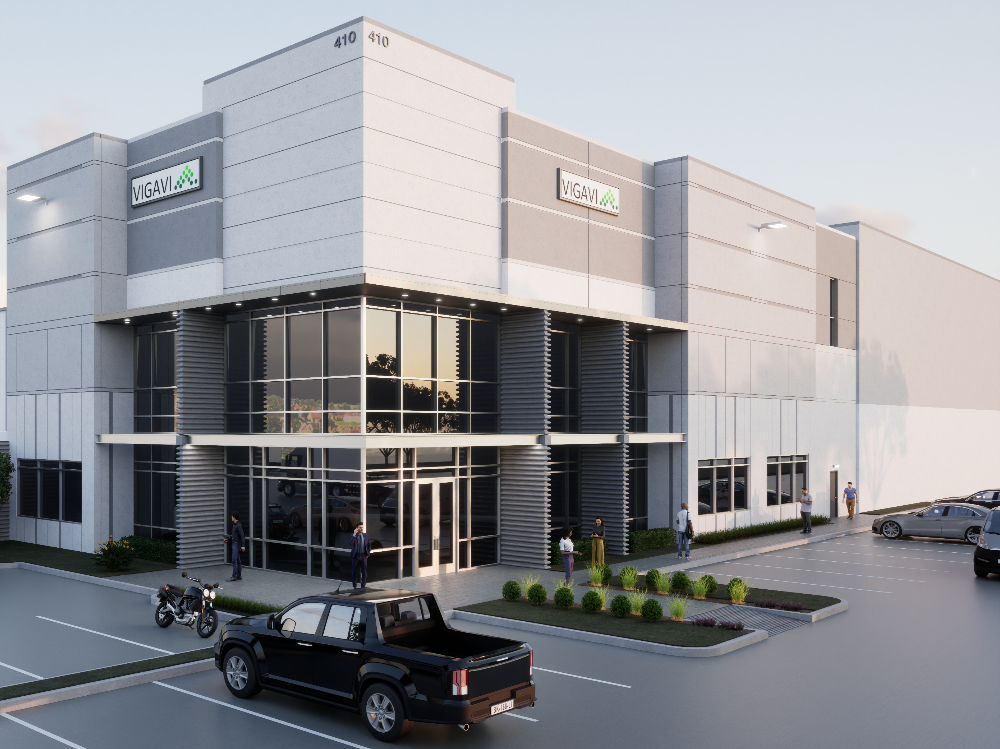
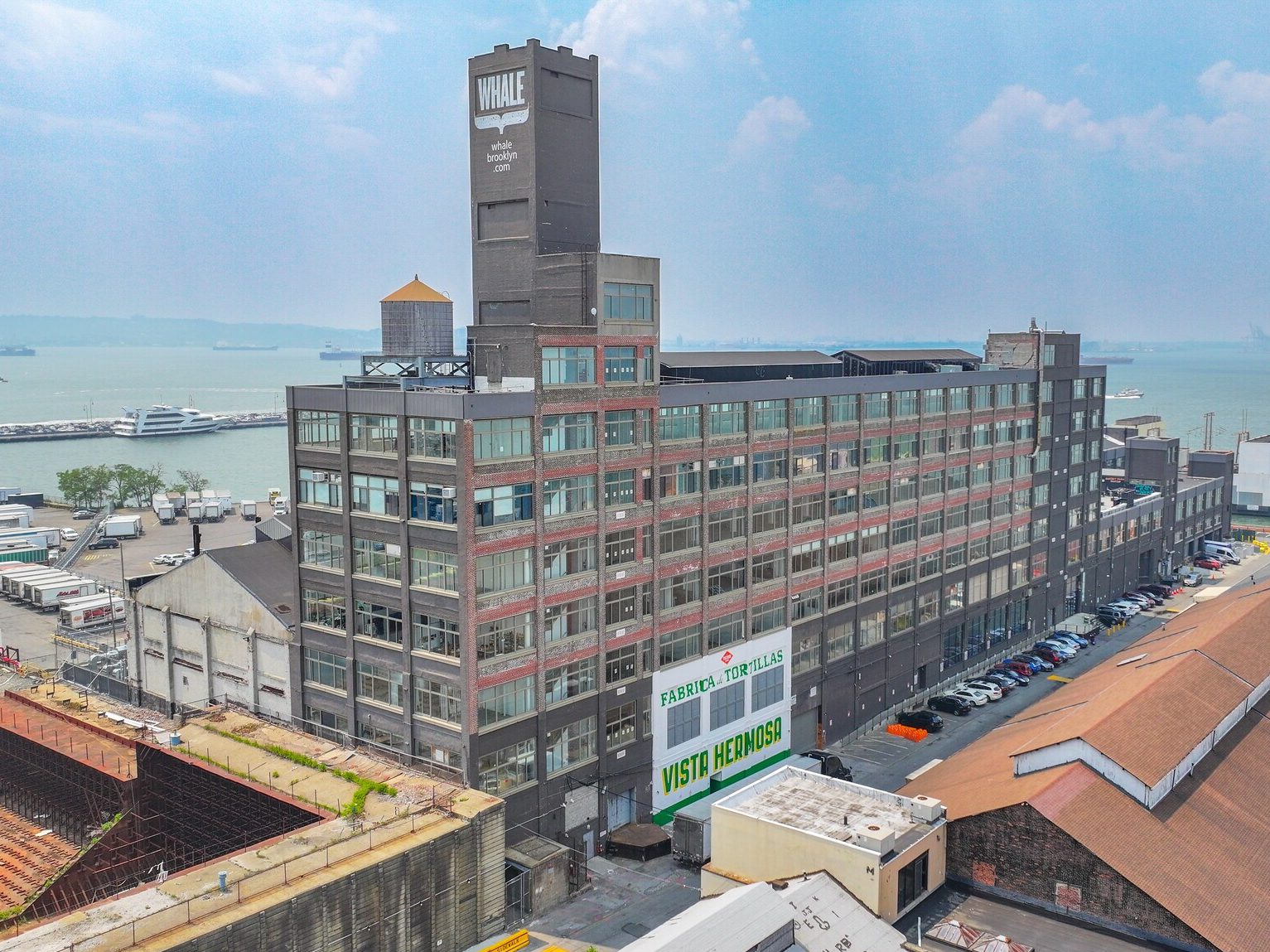
You must be logged in to post a comment.